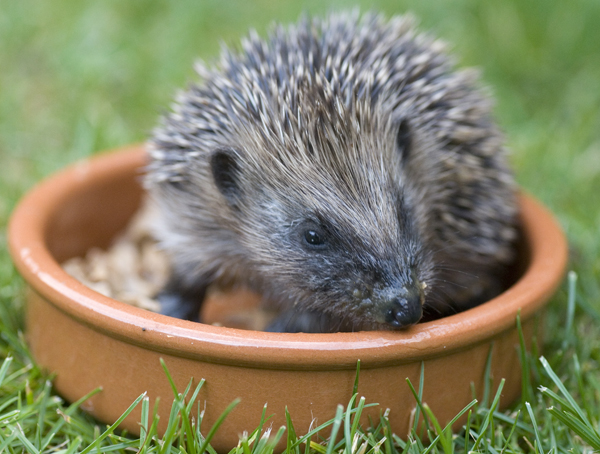COVID-19 has NOT been detected in hedgehogs
We are aware of reports in some media outlets about a new study implicating hedgehogs as a possible host for coronavirus. The study identifies 876 possible mammal hosts, including cats and rabbits, but unfortunately, it’s the hedgehog, a species already in decline, that has hit the headlines. There is currently no evidence to suggest that hedgehogs are likely to transfer coronavirus to humans, and we encourage the public to continue to cherish and help protect their local hedgehogs.

There are many viruses and other pathogens that can be transmitted to humans by animals, and sometimes they do cause trouble. Viruses, especially, are likely to mutate frequently, varying the degree of threat they pose. In other words, there is nothing new about this situation. We have always advocated that people carrying out field studies of hedgehogs or handling them for rescue purposes should take hygiene precautions to avoid cross-infection.
A wide range of viruses are known to infect mammals and birds. The study is a theoretical analysis that points up a potential problem. Given the relative paucity of data on hedgehog pathology and ecology, any conclusions from such an analysis need to be considered in context at this time. For example, research by Damas et al 2020 (https://doi.org/10.1073/pnas.2010146117) suggests that hedgehogs would be nowhere near the top of the list of candidate mammalian hosts for the COVID-19 virus (SARS-CoV-2). The new study identified hedgehogs as a potential host to a future coronavirus and is merely theoretical. To date COVID-19 has not been detected in hedgehogs.
For more information Dr Sophie Lund Rasmussen has prepared a document on this matter.








